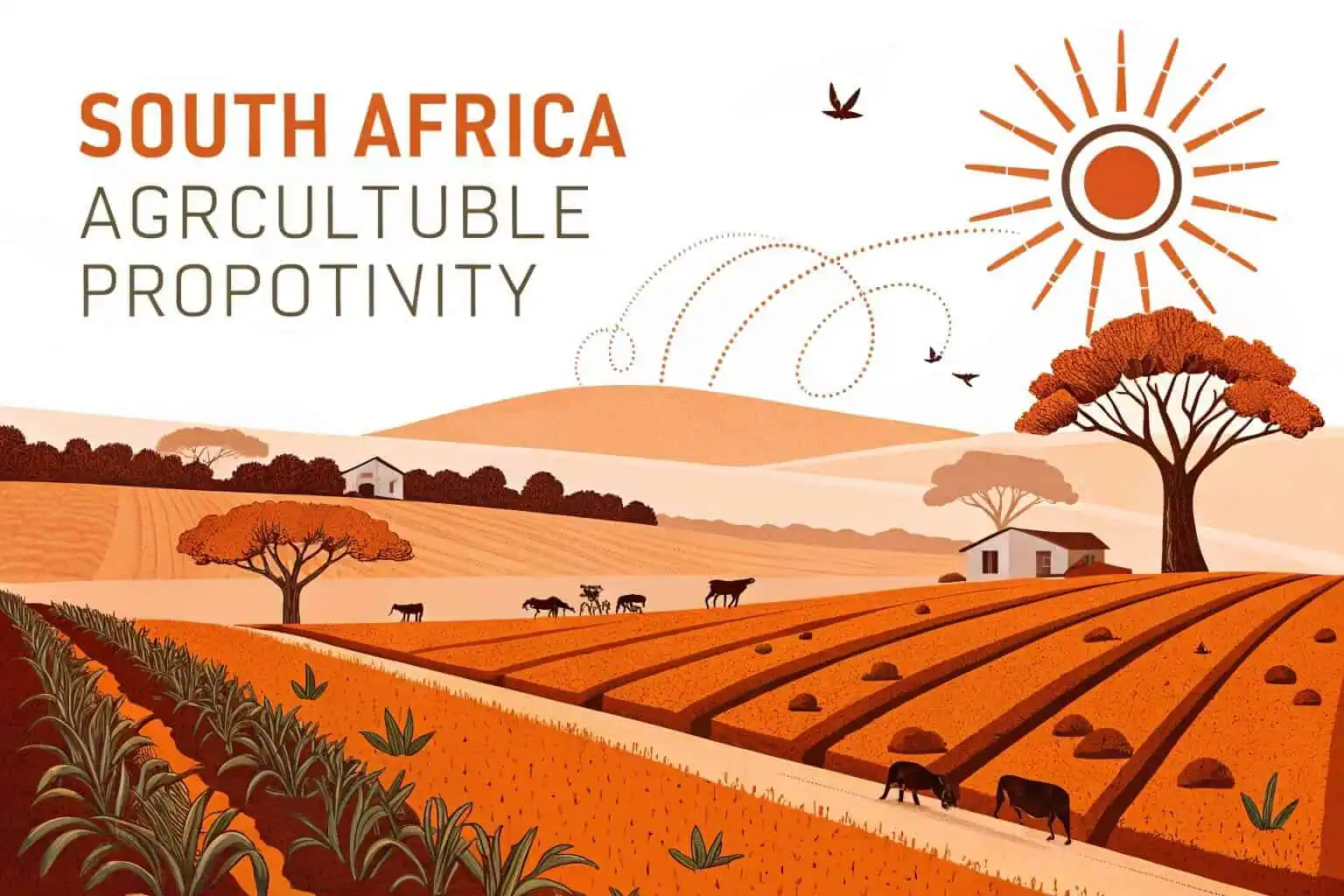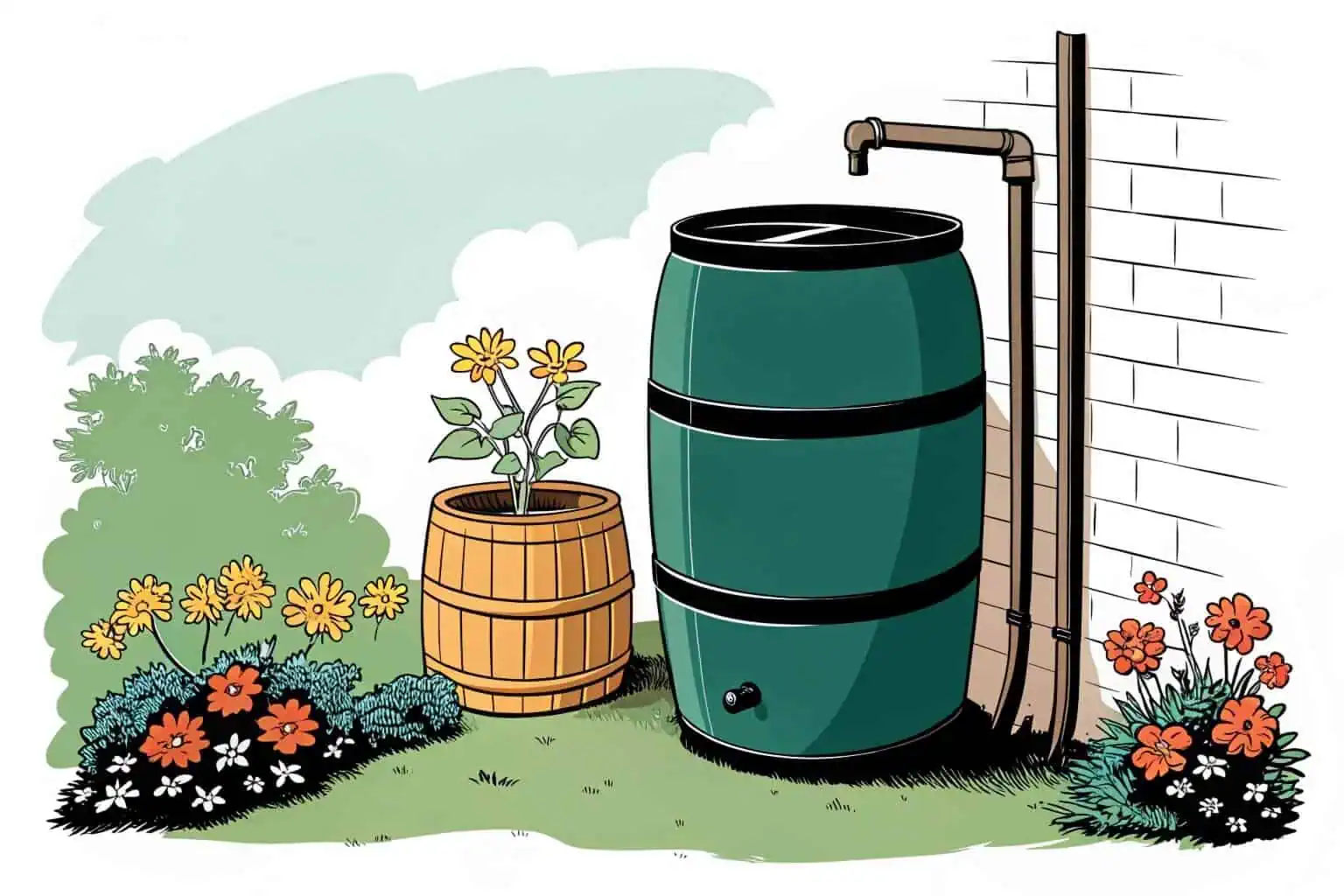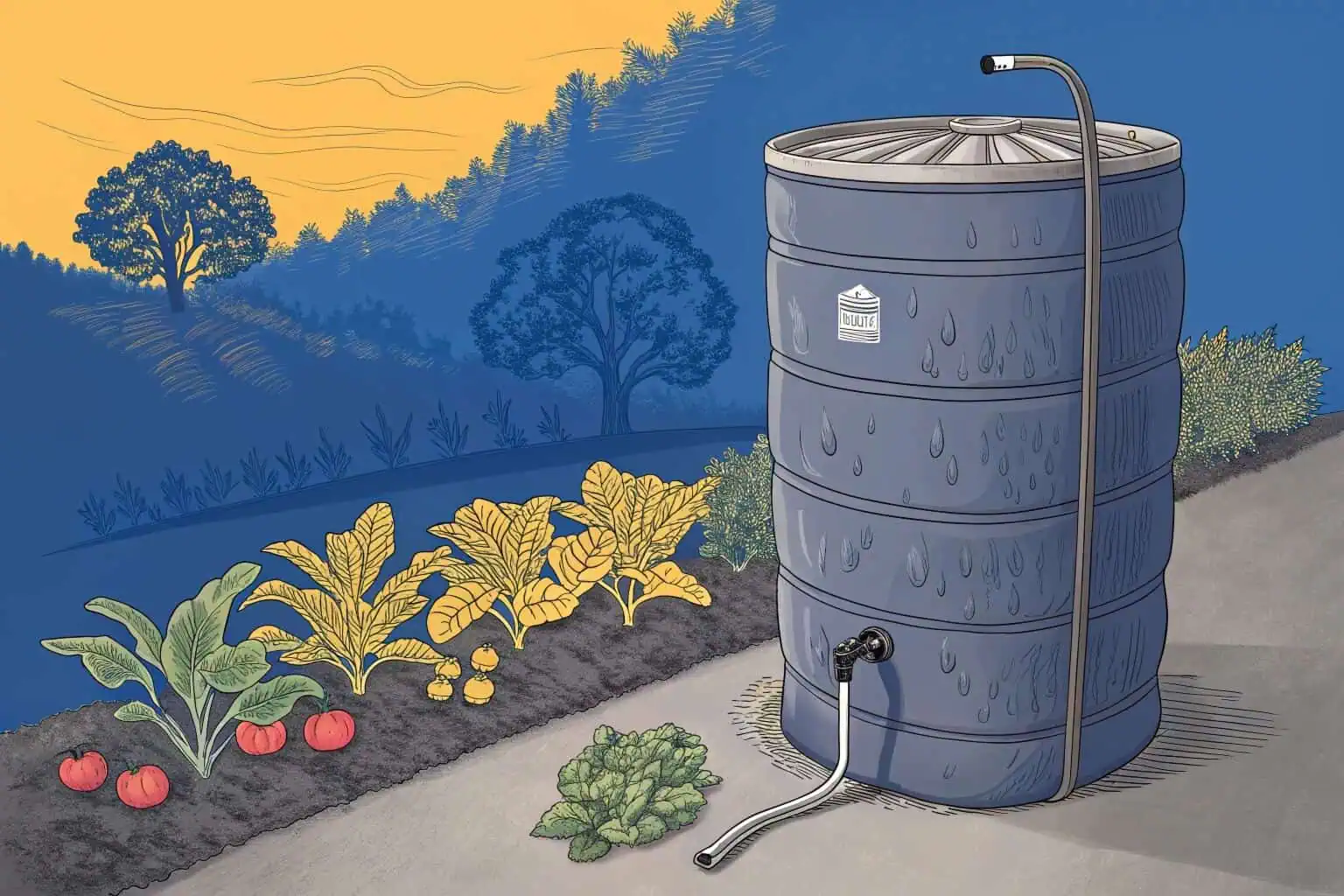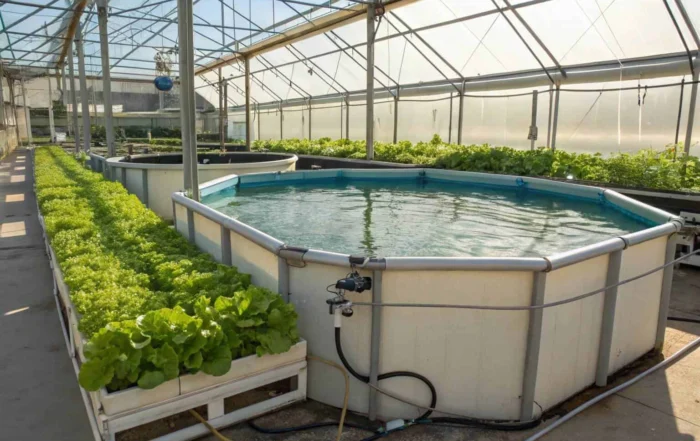Curious about where the real financial success lies in South African agriculture? Many aspiring and existing farmers grapple with this, seeking ventures that promise good returns. Let’s explore the top contenders.
In South Africa, poultry farming, high-demand vegetables like tomatoes and onions, and export-oriented fruit cultivation (citrus, avocados) consistently rank among the most profitable agricultural ventures, driven by strong market demand and potential for high returns.
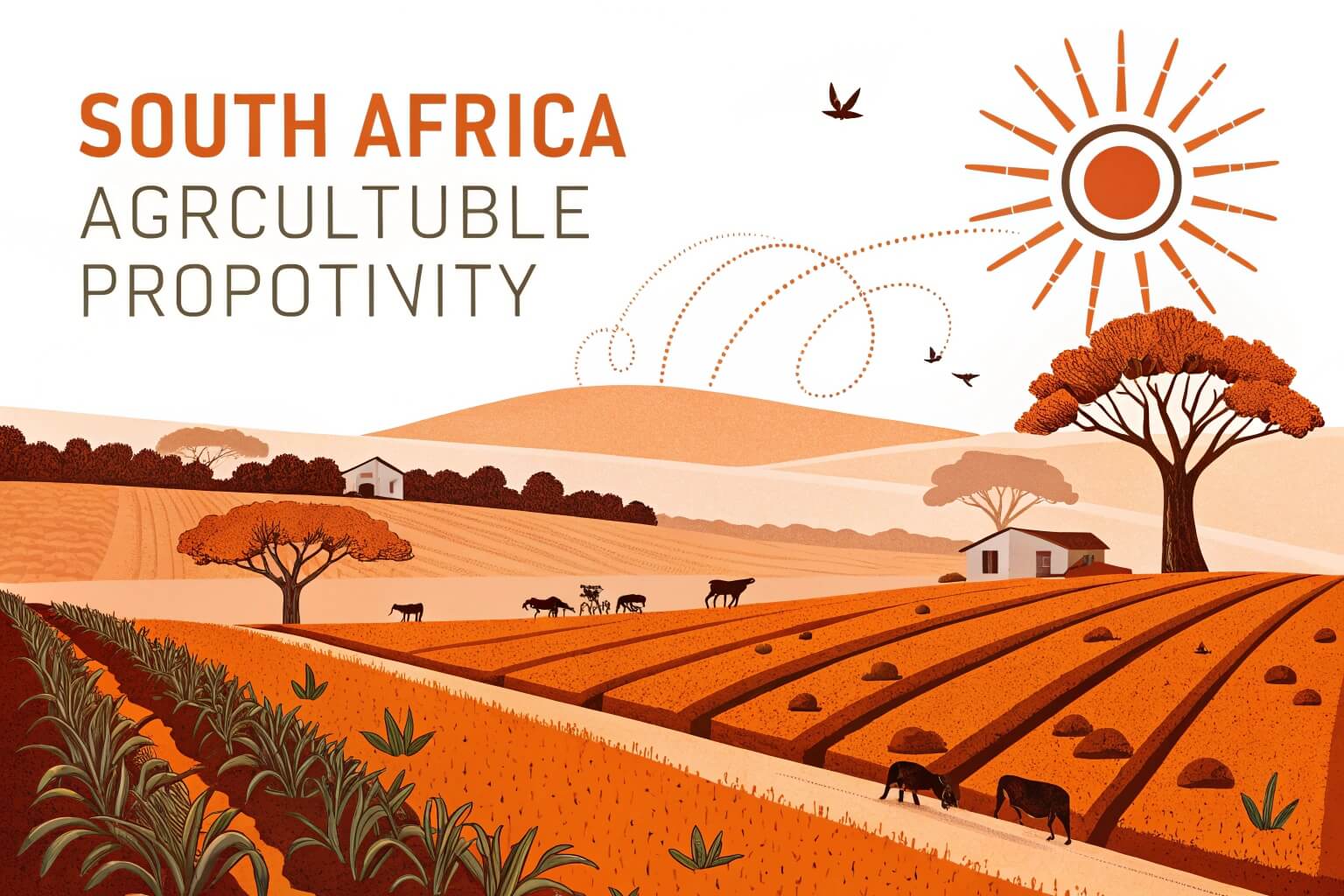
Choosing the right agricultural path in South Africa can feel overwhelming. With so many options, from crops to livestock, it’s vital to understand where the best opportunities lie. I’ve spent years in this field, and I’ve seen firsthand what works. We need to look at market needs, how much it costs to start, and what kind of technology can help. Let’s dive deeper into specific areas to uncover how you can tap into these profitable ventures and make your farming dream a successful reality.
What farming brings in the most money?
Many people ask me, "Which type of farm truly makes the most cash?" It’s a fair question, as investing your time and money wisely is crucial. Making the wrong choice can be costly.
Generally, large-scale commercial operations in poultry, export fruits like citrus and avocados, and high-value niche crops such as macadamias or blueberries tend to bring in the most money due to economies of scale and strong market prices.
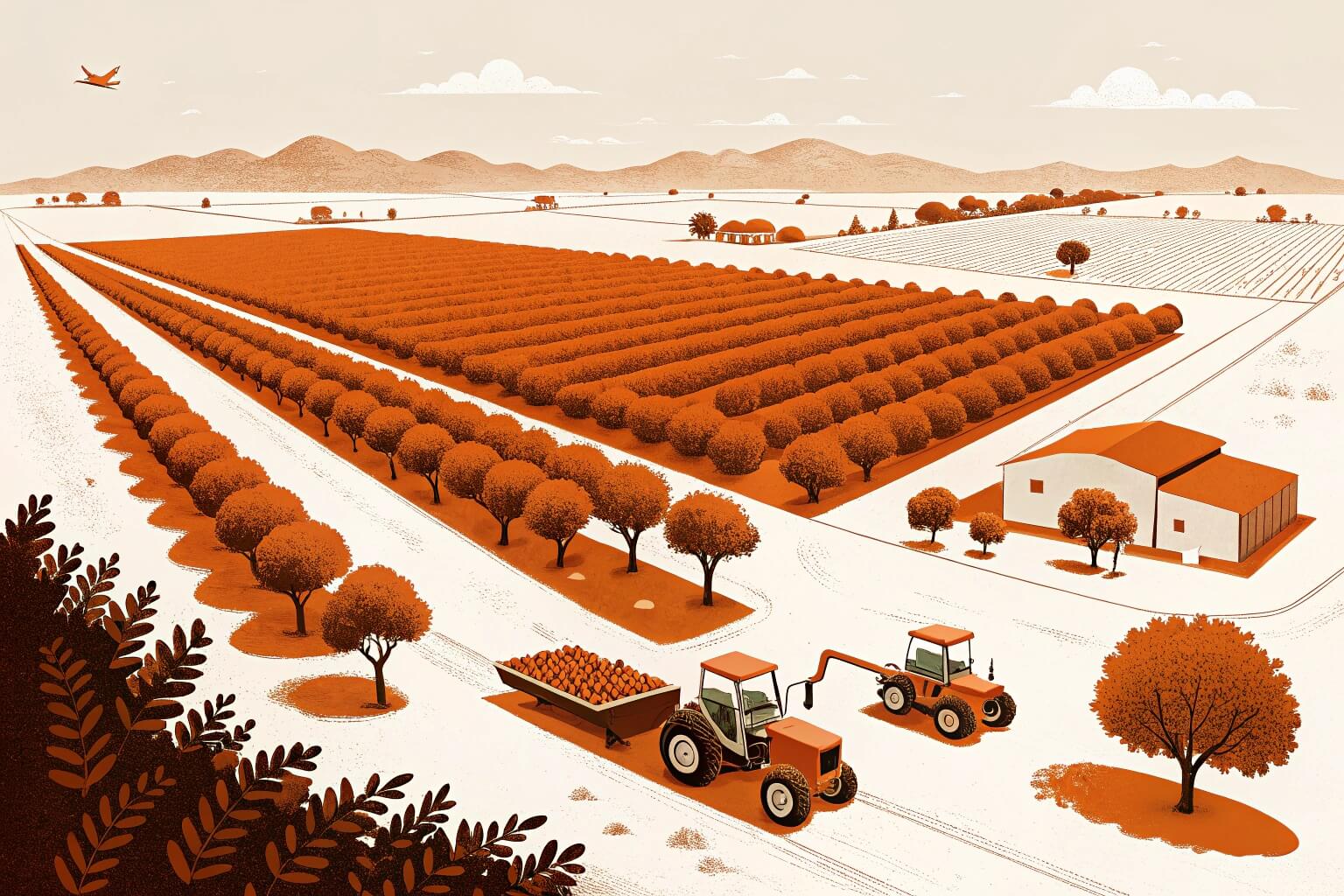
Unlocking the most profitable ventures in agriculture involves understanding several key factors. The choice of crop or livestock is important, but the approach to farming is equally vital. My experience shows that scale often plays a significant role. Larger operations can leverage economies of scale for cheaper inputs and higher sales volumes, benefiting their bottom line. Targeting crops or animals with strong international demand1 can also be highly lucrative, especially when quality is prioritized. Niche crops, like specific nuts or berries, even if less common, can fetch excellent prices from the right markets. Success lies in identifying the intersection of market need and your capacity for efficient, high-quality production.
The Power of Scale in Commercial Farming?
Large commercial farms often have an edge. They can invest in big machinery that makes work faster and cheaper. They also buy seeds, fertilizers, and feed in large amounts, so they get better prices. When it’s time to sell, they have a lot of produce, which gives them more power to negotiate with buyers. I remember visiting a massive maize farm in the North West province; their efficiency was incredible, from planting with GPS-guided tractors2 to storing grain in huge silos. This scale allows them to make a small profit on each item, but because they sell so much, it adds up to a lot of money. However, starting big also means needing a lot of money upfront, which isn’t possible for everyone.
| Feature | Small Farm | Large Commercial Farm |
|---|---|---|
| Input Costs3 | Higher per unit | Lower per unit (bulk buying) |
| Output Volume | Lower | Higher |
| Market Access4 | Often local, limited | National, international |
| Technology Use | Basic, manual labor | Advanced, automated |
| Profit Margin5 | Can be high per unit (niche) | Lower per unit, high total |
High-Value Crops for Export Markets?
South Africa is famous for its fruits, and there’s a big reason why: they make good money, especially when sold overseas. Think about citrus fruits6 like oranges and lemons, or avocados, table grapes, and even berries like blueberries. These are in high demand in Europe, Asia, and other parts of the world. To sell to these markets, the quality has to be top-notch. Farmers need to follow strict rules about how they grow, pick, and pack the fruit. I once worked with a group of avocado farmers in Limpopo who were aiming for the European market. The effort they put into meeting global standards was immense, but the prices they got made it all worthwhile. It’s not just about growing; it’s about growing what the world wants and meeting their expectations.
Niche Markets and Specialized Agriculture?
Beyond the common crops, there’s a world of specialized agriculture. This is where you find things like macadamia nuts, protea flowers (which are native to South Africa and loved overseas), or even farming for essential oils. These are called niche markets because not everyone is doing it, and the products are often seen as luxury or special items. Because fewer people are producing them, the prices can be very high. I recall a farmer who switched from traditional crops to growing organic herbs7 for essential oil extraction. The initial investment was significant, and learning the new techniques took time, but the returns were much higher than what he was earning before. This path can be riskier because the market might be smaller or harder to get into, but for those who succeed, the rewards can be great.
What vegetables are in high demand in South Africa?
If you’re thinking about growing vegetables, knowing which ones people buy most often is key. Planting something that isn’t popular can mean a lot of wasted effort and unsold crops. So, what should you focus on?
Tomatoes, onions, potatoes, carrots, and cabbages are consistently in high demand across South Africa. Their staple role in local cuisine and continuous consumption ensures a steady market for growers.
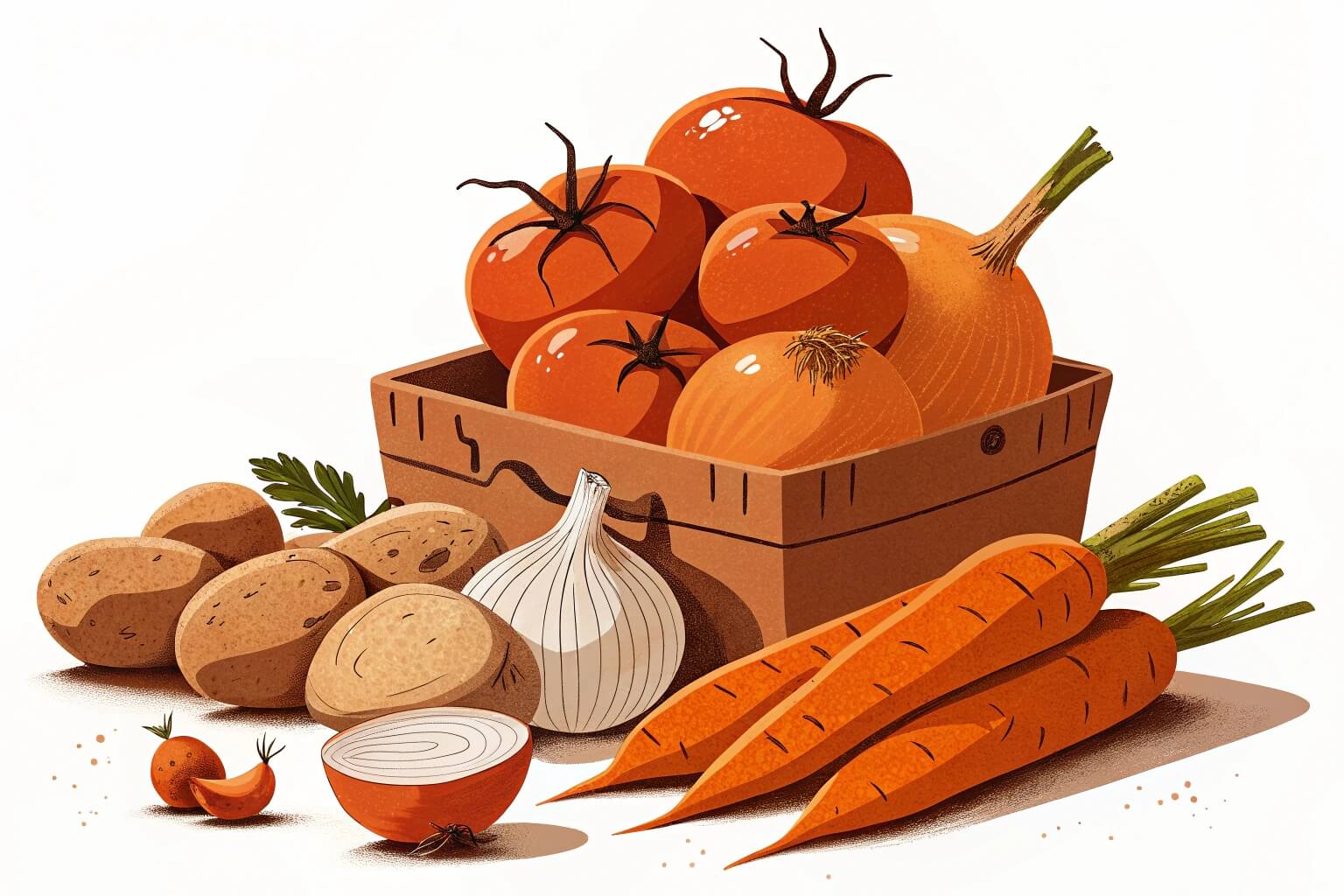
Starting my own small vegetable garden many years ago quickly taught me that certain vegetables consistently outsell others. It’s not always about ease of cultivation, but rather what people regularly include in their grocery purchases. These staple vegetables8, integral to numerous dishes from stews to salads, benefit from consistent demand. This steady need means that if you can cultivate them effectively and deliver them to market in good condition, securing buyers is highly probable. While prices may fluctuate seasonally and depend on supply, the fundamental demand remains robust. This makes them a relatively secure option for many farmers, particularly those beginning their journey or seeking dependable income.
Why Staple Vegetables Offer Consistent Returns?
Staple vegetables are the backbone of many meals. Think about it: how many South African dishes use onions, tomatoes, or potatoes? Almost all of them! This means people buy them regularly, all year round. This consistent demand helps keep prices relatively stable, although there are always some ups and downs. For a farmer, this means you can plan your planting and harvesting with more confidence. I remember an old farmer telling me, "People always need to eat, and they always need their basics." That’s why these crops, while maybe not as glamorous as some export fruits, provide a reliable income stream9 for so many. They are less prone to sudden drops in demand compared to more specialized or luxury items.
| Vegetable | Avg. Market Price (example) | Growing Season10 | Key Challenges |
|---|---|---|---|
| Tomatoes | R15-R25/kg | Warm season, can extend | Pests, diseases, price fluctuation |
| Onions | R8-R15/kg | All year (varieties) | Storage, specific soil needs |
| Potatoes | R5-R10/kg | Cool season, adaptable | Blight, soil quality |
| Carrots | R7-R12/kg | All year (varieties) | Soil type, root pests |
| Cabbage | R10-R20/head | Cool season, adaptable | Pests, market gluts |
Exploring Regional Preferences and Opportunities?
While staple vegetables are popular everywhere, sometimes there are small differences in what people prefer in different parts of South Africa. For example, certain types of spinach or beans might be more popular in one province than another. It’s always a good idea to understand your local market. Also, think about how you can extend your selling season. I’ve seen many farmers invest in simple tunnels11 or even more advanced greenhouses. This allows them to grow vegetables like tomatoes even when the weather outside isn’t perfect. This can mean getting better prices because you’re supplying when others can’t. It’s about being smart and adapting to what your specific customers want and when they want it.
The Rise of Organic and Specialty Vegetables?
Lately, more and more people are looking for organic vegetables12. They are willing to pay a bit more for food grown without synthetic pesticides or fertilizers. This is a growing market, and for farmers who are willing to follow organic rules, it can be very profitable. I’ve also noticed a demand for specialty vegetables – things like baby carrots, colorful bell peppers, or unusual herbs. These might not be bought in large amounts like potatoes, but they can sell for a higher price per kilogram. My first successful vegetable patch actually focused on a mix: reliable tomatoes and spinach, but also some basil and rocket which were just starting to get popular. It’s about finding a balance and seeing where new opportunities are emerging.
Which animal farming is most profitable in South Africa?
Choosing the right livestock is a big decision. Some animals can bring in profits faster or more reliably than others. So, if you’re looking at animal farming, where should you put your focus?
Poultry farming (both for meat and eggs) is often the most profitable due to its rapid turnover and high, consistent demand. Dairy and beef cattle also offer significant returns, especially with value-added products and efficient management.
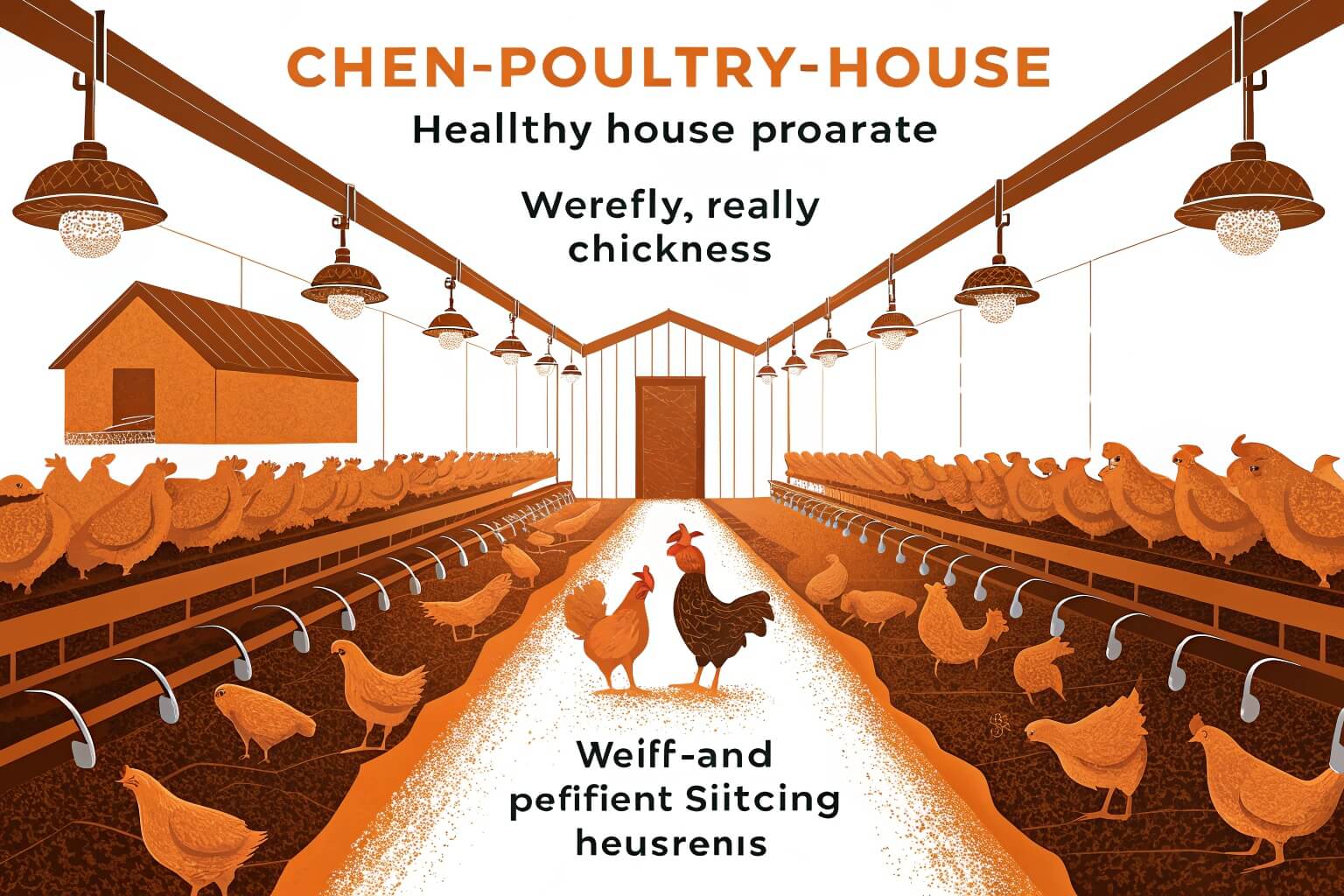
From my experience, when people think about making money from animal farming, chickens often come to mind first. And for good reason! The demand for chicken meat and eggs13 is huge in South Africa. Plus, chickens grow fast, so you can see a return on your investment relatively quickly compared to, say, cattle. But it’s not just about chickens. Cattle farming, whether for beef or for milk, can also be very profitable, though it usually needs more land and money to start. And then there are sheep and goats, which are important in many parts of the country. The key, as with any farming, is good management, keeping your animals healthy, and understanding your market.
Poultry: The Quick Path to Profit?
Poultry farming14 is often seen as a quick way to make money in agriculture. Broilers, which are chickens raised for meat, can be ready for market in just a few weeks. Layers, which are chickens that lay eggs, start producing relatively early in their lives. This fast cycle means you can get your money back and start making a profit sooner than with many other types of livestock. I remember helping a friend set up a small broiler business. The initial setup cost was manageable, and within two months, he was already selling his first batch of chickens. The demand is almost always there. Of course, you need to manage things well – feed costs can be high, and diseases can be a problem if you’re not careful.
| Factor | Broilers (Meat) | Layers (Eggs) |
|---|---|---|
| Growth Cycle | 5-7 weeks | Start laying ~18-20 weeks |
| Key Input | High-quality feed | Balanced feed for egg production15 |
| Market Demand | Very high, consistent | Very high, consistent |
| Profit Driver | Feed conversion, low mortality | Egg production rate, egg size |
Cattle Farming: Beef vs. Dairy Dilemmas?
Cattle farming is a more long-term investment. Whether you’re raising cattle for beef or for milk, it takes more time and usually more land and money to get started. Beef cattle can be raised on grass or in feedlots. Grass-fed beef is becoming more popular, but feedlots can get cattle to market weight faster. Dairy farming is a daily commitment – cows need to be milked every day. But milk can be sold as is, or you can add value by making cheese, yogurt, or amasi. I learned a lot about cattle management16 from a farmer in the Free State who ran a successful dairy. He emphasized that good genetics, proper nutrition, and excellent animal health were crucial for high milk yields and profitability. It’s a demanding business, but the returns can be substantial.
Exploring Sheep, Goat, and Pig Farming?
Don’t forget about sheep, goats, and pigs! Sheep are important for both meat (mutton and lamb) and wool. Goats are hardy animals and can thrive in areas where cattle might struggle; they are raised for meat and sometimes milk. Pig farming can also be very profitable because pigs grow relatively quickly and have large litters. Each of these has its own market and management needs. For example, wool prices17 can vary a lot, so sheep farmers need to keep an eye on global trends. Pig farming requires careful attention to hygiene to prevent diseases. I’ve seen successful small-scale pig farms that focus on supplying local butchers, and large sheep farms that are major players in the wool industry. It’s about finding what fits your resources and your market.
What farm gives the most money?
Farmers often ask me not just what to farm, but what kind of farm setup or model is most likely to bring in the big bucks. It’s a smart question because even the right crop can fail on a poorly structured farm.
Large-scale, technologically advanced commercial farms focusing on export markets or integrated value chains (e.g., a dairy farm that also makes and sells its own cheese) often give the most money. They leverage efficiency, market access, and value addition.
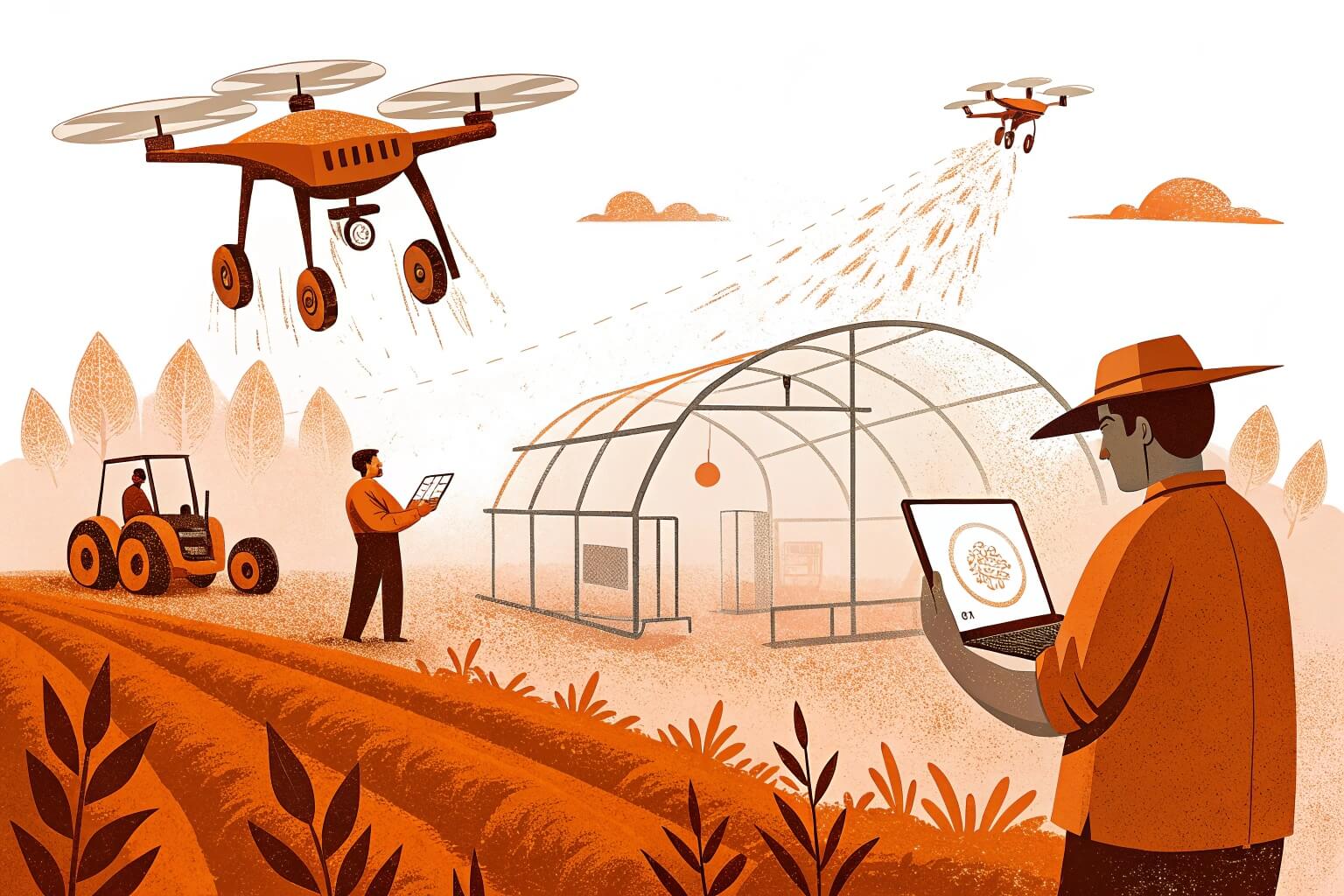
When we look at which farms make the most money, it’s often not just about a single crop or animal. It’s about the whole system. I’ve noticed that farms that control more of the process, from growing to selling, often do better. For example, a fruit farm that also packs its own fruit or even makes juice can capture more of the profit. Also, farms that are set up to sell to overseas markets can earn a lot, especially if they are big and use modern technology. Technology helps to reduce costs and improve quality, which is very important for competing globally. It’s about being smart with how the farm is run and always looking for ways to add value or reach better-paying customers18.
The Integrated Farm Model: Controlling the Value Chain?
An integrated farm is one that does more than just grow crops or raise animals. It also gets involved in processing, packaging, and sometimes even selling directly to consumers. For example, a dairy farm might make its own cheese and yogurt. A vegetable farm might wash, chop, and package ready-to-cook vegetables. By doing more of these steps themselves, farmers can keep more of the profit instead of it going to middlemen. I’ve seen this work very well. A friend of mine has a chicken farm, and he started a small butchery and cooked food outlet right on the farm. He now makes much more money than when he was just selling live chickens. It takes more effort and skill, but it can really boost income.
| Benefit of Integration | Description |
|---|---|
| Increased Margins19 | Farmer captures profit from multiple stages. |
| Brand Control | Can build a reputation for quality directly. |
| Market Stability | Less reliant on fluctuating commodity prices. |
| Product Diversification | Multiple income streams from different products. |
Export-Oriented Farms: Tapping into Global Demand?
We’ve talked about export crops like fruits, but the farm model for export is also important. These farms are usually large and very focused on quality and efficiency. They need to meet international standards, like GlobalG.A.P.20, which cover everything from how food is grown to how workers are treated. This often means investing in good infrastructure, like packhouses and cold storage. I’ve seen firsthand how meeting these export standards transformed a grape farm in the Western Cape. They had to change many of their practices, but once they got certified, they could sell their grapes for much higher prices in Europe and Asia. The ability to earn in foreign currency can also be a big advantage, especially if the local currency is weak.
Technology and Precision Agriculture’s Role?
Modern technology is changing farming. Precision agriculture uses tools like GPS, drones, sensors, and data analysis to help farmers make better decisions. For example, a drone can fly over a field and show exactly which areas need more water or fertilizer. This means farmers use only what they need, which saves money and is better for the environment. I’m also seeing more interest in things like hydroponics21 (growing plants in water instead of soil) and vertical farming (growing in layers, often indoors). These methods can produce a lot of food in a small space and can be very profitable, especially for high-value crops like herbs or leafy greens in cities. It’s exciting to see how technology is helping farms become more productive and profitable.
Conclusion
South Africa’s diverse agricultural landscape offers many profitable paths. Success truly hinges on making smart choices based on market understanding, efficient operations, and sometimes, a bit of innovation, turning farming dreams into rewarding realities.
- Learning about international demand can guide your crop choices for maximum profit potential. ↩
- Learn how GPS-guided tractors enhance farming practices, leading to better yields and reduced labor costs. ↩
- Understanding input costs can help farmers optimize their budgets and improve profitability. ↩
- Exploring market access can reveal opportunities for small farms to expand their reach and sales. ↩
- Learning about profit margins can guide farmers in making strategic decisions for better financial outcomes. ↩
- Explore the significance of citrus fruits in global trade and their economic impact on farmers. ↩
- Discovering the benefits of organic herbs can inspire sustainable farming practices and profitable ventures in agriculture. ↩
- Exploring this resource will help you identify which vegetables are in high demand, ensuring a successful garden and market sales. ↩
- Discovering which crops yield stable income can guide aspiring farmers in choosing the right plants for profitability. ↩
- Understanding the growing season can help maximize yield and quality of your vegetable crops. Explore expert insights on this topic. ↩
- This link will explain the benefits of using simple tunnels for vegetable farming, enhancing your growing strategy. ↩
- Exploring the benefits of organic vegetables can help you understand why they are worth the investment and how they impact health and the environment. ↩
- Explore this link to understand the booming market for chicken products in South Africa, which can guide your farming decisions. ↩
- Exploring this resource will provide insights into the advantages and profitability of poultry farming, helping you make informed decisions. ↩
- Balanced feed is crucial for optimal egg production. Discover how it impacts layers’ health and productivity. ↩
- Explore this resource to learn essential strategies for managing cattle effectively, ensuring better yields and profitability. ↩
- Understanding wool price fluctuations can help farmers make informed decisions in their business. ↩
- This link will provide insights into strategies that can help farms maximize their profits by targeting higher-value markets. ↩
- Exploring this link will provide insights on how farmers can enhance profitability through integration strategies. ↩
- Exploring GlobalG.A.P. certification requirements can help farmers ensure they meet international standards for quality and safety. ↩
- Discover the advantages of hydroponics and how it can lead to sustainable food production in urban areas. ↩

